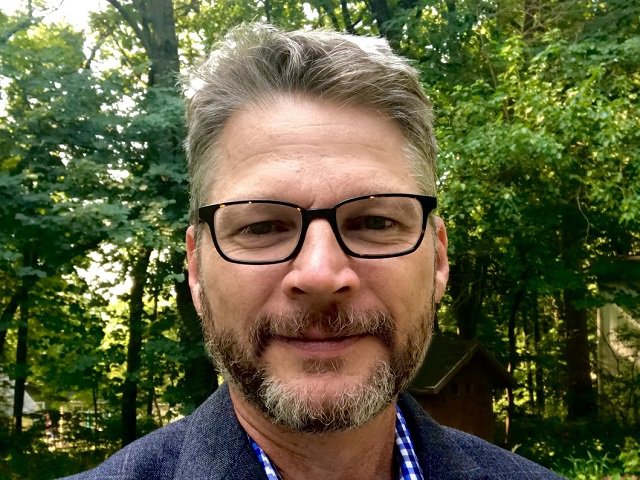ONLINE: Yahara Lakes 101

courtesy Clean Lakes Alliance
Bill Selbig, research hydrologist at the Upper Midwest Water Science Center of the U.S. Geological Survey.
For Madison residents, the term "leaf-free streets" is likely a familiar refrain every fall. But what does it mean? More trees aid in stormwater retention and an urban canopy keeps cities cooler, but all those leaves falling can lead to phosphorus filtering into lakes and streams (and that feeds algae growth). The Clean Lakes Alliance will take a look at why it’s important to handle your trees' bounty during this Yahara Lakes 101 series talk by U.S Geological Survey research hydrologist Bill Selbig. It's free, but RSVP here for the link.
press release: Yahara Lakes 101 - "Leaf-Free Streets: Reducing Urban Phosphorus"
Join us for this ONLINE edition of Yahara Lakes 101 on Wednesday, October 14 to learn about the issues that impact our lakes! Free registration here: https://www.eventbrite.
Trees have long been a valued feature of the urban landscape. They provide a host of benefits such as habitat, aesthetics, energy savings, and noise reduction. Trees are also an important part of the urban hydrologic cycle. The functions and value of trees have recently gained attention as viable tools in the management of urban stormwater.
Research on the interactions between urban trees and stormwater quantity and quality has revealed a double-edged sword. A community with dense overhead tree canopy may benefit from reduced stormwater runoff volume through interception, transpiration, and infiltration but may also suffer from excess nutrients leached to nearby receiving waters from leaf litter. This presentation will highlight ongoing research that will help environmental managers assess how municipal leaf collection and street cleaning programs can limit the amount of phosphorus in stormwater runoff.
About our Speaker: Bill Selbig is a research hydrologist at the Upper Midwest Water Science Center of the U.S Geological Survey. For the past 25 years his research has focused on characterization of pollutants in urban runoff, identification of their sources, and evaluation of the techniques and practices designed to treat them. Much of his research has been used to stimulate or amend stormwater policy and guidance in the United States. Bill also leads a team of USGS scientists who study urban stormwater and green infrastructure around the Great Lakes as part of the Great Lakes Restoration Initiative. In addition to his work at the USGS, Bill serves as science advisor for several national stormwater research groups.
This event will be held online via Zoom on Wednesday, October 14, from 8:00 a.m. until 9:00 a.m. The online talk is free and open to the public. A link to access the talk LIVE will be sent to all registered attendees ahead of the event.
Yahara Lakes 101 is a series of educational events open to the public and a great chance for residents to learn more about the science behind the issues that affect our lakes. Each month we feature a different expert to make the science accessible and interesting to non-technical audiences.
The series is produced in partnership with the UW-Madison Nelson Institute for Environmental Studies and UW-Extension Lakes, with presenting sponsors First Weber Foundation and Johnson Financial Group, monthly sponsor Madison Area Technical College, hosting sponsor The Edgewater, supporting sponsor National Guardian Life Insurance Company, and media partner Isthmus.


 Google
Google Yahoo
Yahoo Outlook
Outlook ical
ical